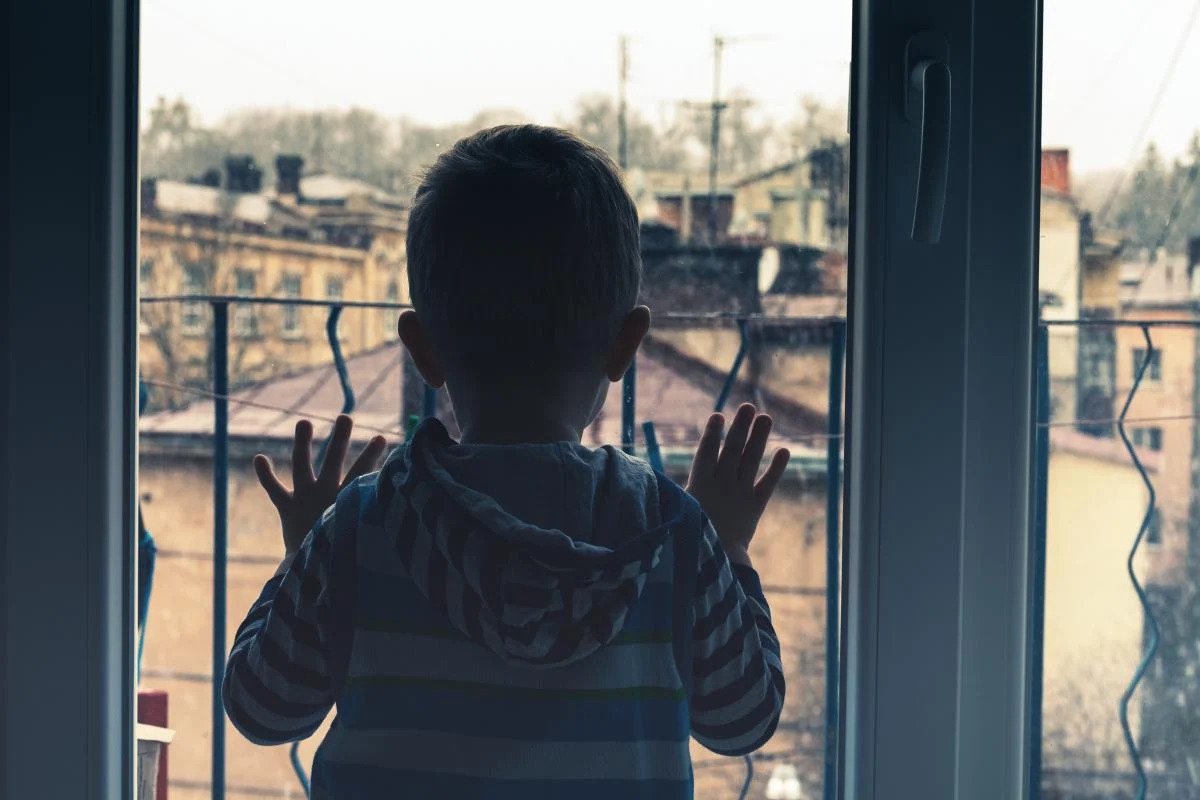On the third anniversary of the 2020 protests, the West has not forgotten about Belarus as the regime calls for dialogue
 The situation has not changed
The situation has not changed

The anniversary of the 2020 protests and the ensuing political crisis provides an opportunity for Western countries to restate their position regarding the Belarusian regime and society. Many countries confirmed their commitment to exert further pressure on Lukashenka, support Belarusian society, and work for a European and democratic future for Belarus. Lukashenka’s calls for dialogue on his terms (without any concessions) were ignored, as expected. Instead, Western countries have stepped up sanctions on the regime.
The EU will support Belarusians as long as necessary on the route to building an independent, democratic, and prosperous country as part of a peaceful Europe. However, the situation in Belarus is worse than ever with around 1500 political prisoners held in appalling conditions, suffering ill-treatment and torture, and without access to basic medical services. The European Union will continue to highlight the situation internationally and classifies the Lukashenka regime as a threat to international and regional security, due to complicity in Russian aggression against Ukraine, the deployment of Russian troops and nuclear warheads on Belarusian territory, and hosting Wagner mercenaries. The European Union intends to continue to put pressure on the Lukashenka regime for as long as it takes.
The EU calls on the Belarusian authorities to engage in a genuine and inclusive dialogue with all sectors of society, leading to free and fair elections, and reaffirms its commitment to help Belarus stabilise its economy and reform its institutions in the transition to democracy.
The foreign ministers of Lithuania, Poland, Latvia and Estonia issued a joint statement on the anniversary, characterising the events of August 9th as a criminal seizure of power by an illegitimate regime, which has since led to massive internal repression, complicity in war crimes, the rapid erosion of Belarus’ sovereignty, and destabilisation of the region. They declare their support for the Belarusian people, “remaining faithful to the commitment expressed in the historical slogan “For our and your freedom”. They also call for the release of political prisoners and an end to repression and support for Russian aggression. They express their commitment to the policy of isolation and pressure on the Belarusian authorities, as well as faith in a democratic, independent, and sovereign Belarus, just as they believe in the victory of Ukraine. Poland also supports the European aspirations of Belarusians.
German Foreign Minister Annalena Baerbock made a short statement on the Day of Solidarity with Belarus declaring that Germany stands on the side of Belarusians and stands for a free Belarus.
The UK government will continue to work with international partners to hold the Lukashenka regime accountable for its horrific actions, both inside Belarus in connection with repression and in connection with support for Russian aggression against Ukraine.
London also announced new sanctions against Belarus, expanding the list of sanctioned enterprises, mainly associated with the military-industrial complex such as BelOMO Holding, 2566th Electronic Weapons Repair Plant OJSC, Peleng OJSC, Gomel Radio Plant OJSC, Kidma Tech OJSC, and Orsha Aircraft Repair Plant OJSC. The sanctions freeze the assets of these companies and ban further financing.
The United States expanded sanctions against the Belarusian regime to include five additional legal entities, eight individuals, Lukashenka’s business jet, Belavia, the Department of Financial Investigations and the family of Belarusian oligarch Aleksin.
The Canadian government has also introduced an additional package of sanctions government officials, judges, and associates of the regime, including the head of Belteleradiocompany, Ivan Eismant, the chairman of the Grodno Regional Executive Committee, Uladzimir Karanik, the children of Viktar Sheiman, and the Paralympian Aliaksei Talai who was involved in the abduction of Ukrainian children to Belarus. The list also includes the Ministry of Defence, Internal troops of the Ministry of Internal Affairs, and military-production and technology companies. The sanctions are being implemented in parallel with similar actions by like-minded partners and allies, including the European Union, the United States, the United Kingdom, and New Zealand.
Meanwhile, and predictably, the Belarusian Foreign Ministry called on the European Union to “recognise and accept” the choice of the Belarusian people “and return to pragmatic dialogue to realise the potential of mutually beneficial cooperation in the interests of security and sustainable development of the region”. Lukashenka does not want to sever all relations with the West and even instructed his Prime Minister to establish communication with Poland, but without making any concessions. In response, the Polish Foreign Ministry called Lukashenka’s “proposal” “empty words” and suggested a simple way to improve relations with Poland – to stop provocations on the border and release Andrzej Poczobut and more than a thousand political prisoners.
Lukashenka continued to exude self-confidence and hint at secret knowledge of major global changes in 2024-2025. He also said that he would continue taking Ukrainian children to Belarus, despite the risks of the International Criminal Court (ICC) issuing an arrest warrant for his participation in their abduction, confirming that the policy is coordinated with Vladimir Putin, who is already subject to an ICC arrest warrant.
Subscribe to our newsletter




Situation in Belarus
Constitutional referendum: main consequences


 Video
Video
How to count the political prisoners: are the new criteria needed?


 Video
Video
Paternalism In Decline, Belarusian Euroscepticism, And The Influence Of Russia


 Video
Video












